
Tony Leung Chiu-wai on that gay sex scene with Leslie Cheung, Wong Kar-wai’s advice on acting, and how Stephen Chow got him into the entertainment business
- In interviews with the Post at various points in his career, Tony Leung has talked about the influence of filmmakers Stephen Chow and Wong Kar-wai on his career
- He’s revealed how Wong tricked him into playing a gay character in Happy Together, why a haircut brought tears to his eyes, and what he does in his down time
He has often sat down to talk to the Post. We look back at what Leung has said about some of the highs and lows of his career.
On starting out in acting with his friend, Stephen Chow Sing-chi, after his first job selling home appliances:
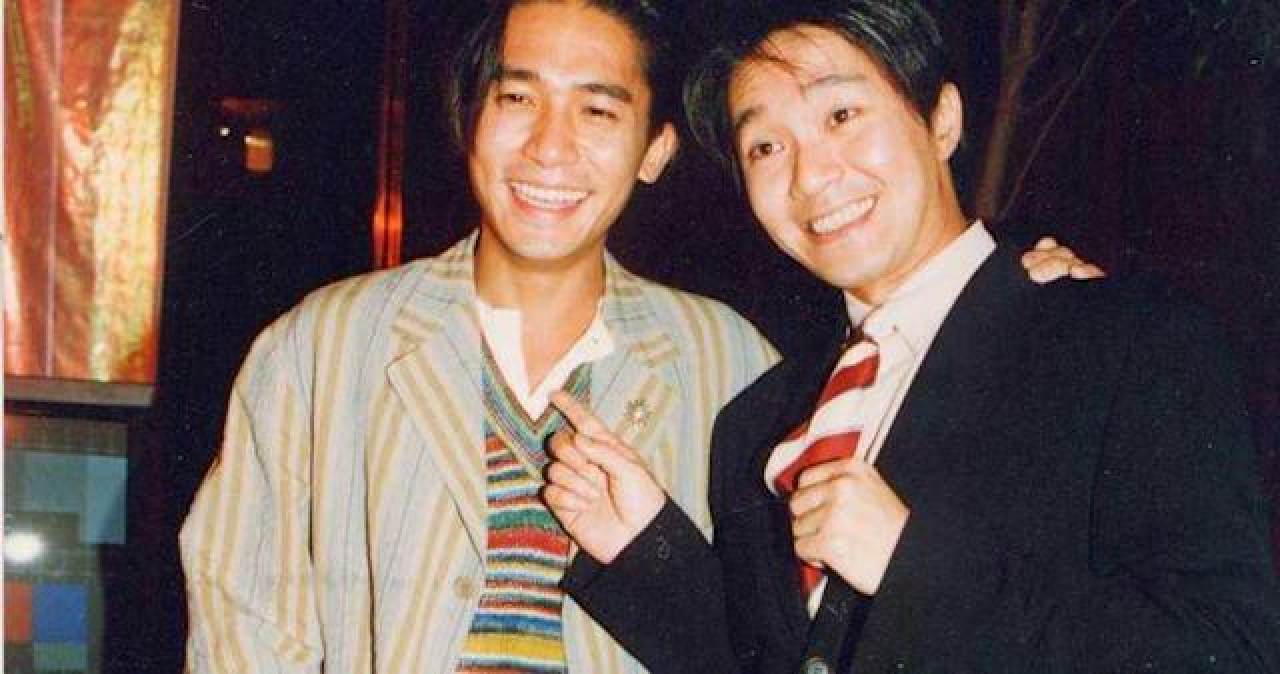
“I said ‘Forget it, it won’t happen.’ But he wouldn’t stop dreaming. He talked about the TVB training school, and as I was bored selling fridges and air conditioners, I applied.”
On how, according to the Post, “an improved lifestyle, romantic attachments, and fame hindered his prospects” in the late 1980s:
“There was a period when I had very low motivation for work, and I found myself losing my identity, my sense of self.
“I wanted to give up my acting career. I preferred staying in my comfortable ‘nest’ the whole day to going out.
“But I soon realised it was impossible for me to keep going on like that.”
Hong Kong’s Tony Leung to receive lifetime achievement award at Venice Film Festival
“In A City of Sadness, the character I played was deaf and dumb, so I had to use body movements to reveal my emotions. But I am not satisfied with my performance.”
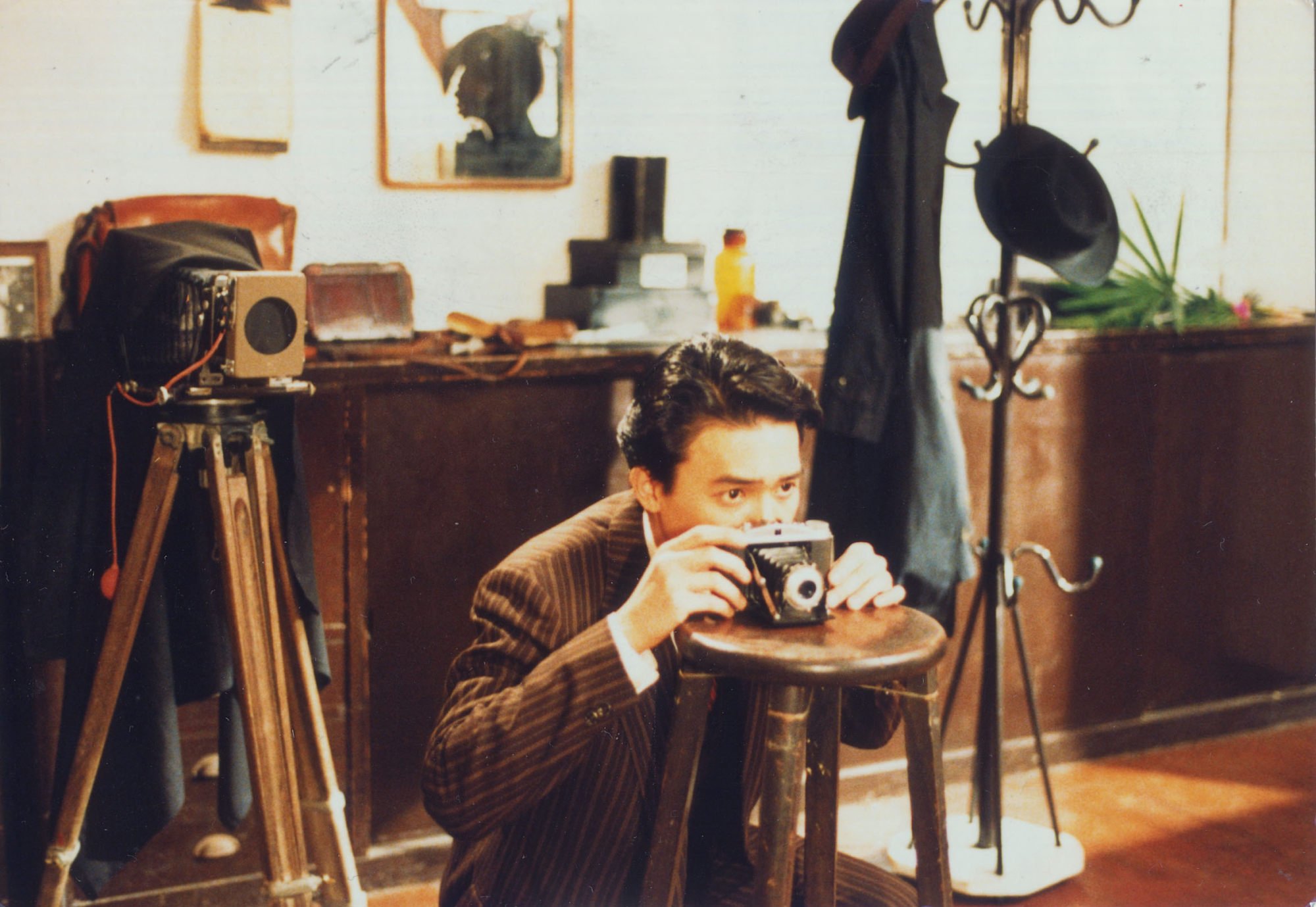
“Wong told me, ‘First of all, you have to pay attention to the behaviour and speech of different people and your friends, try to find something significant in each, then practise these continuously until it is all in your subconscious’.
“This helps me to play a role more successfully and closer to the real characters.”
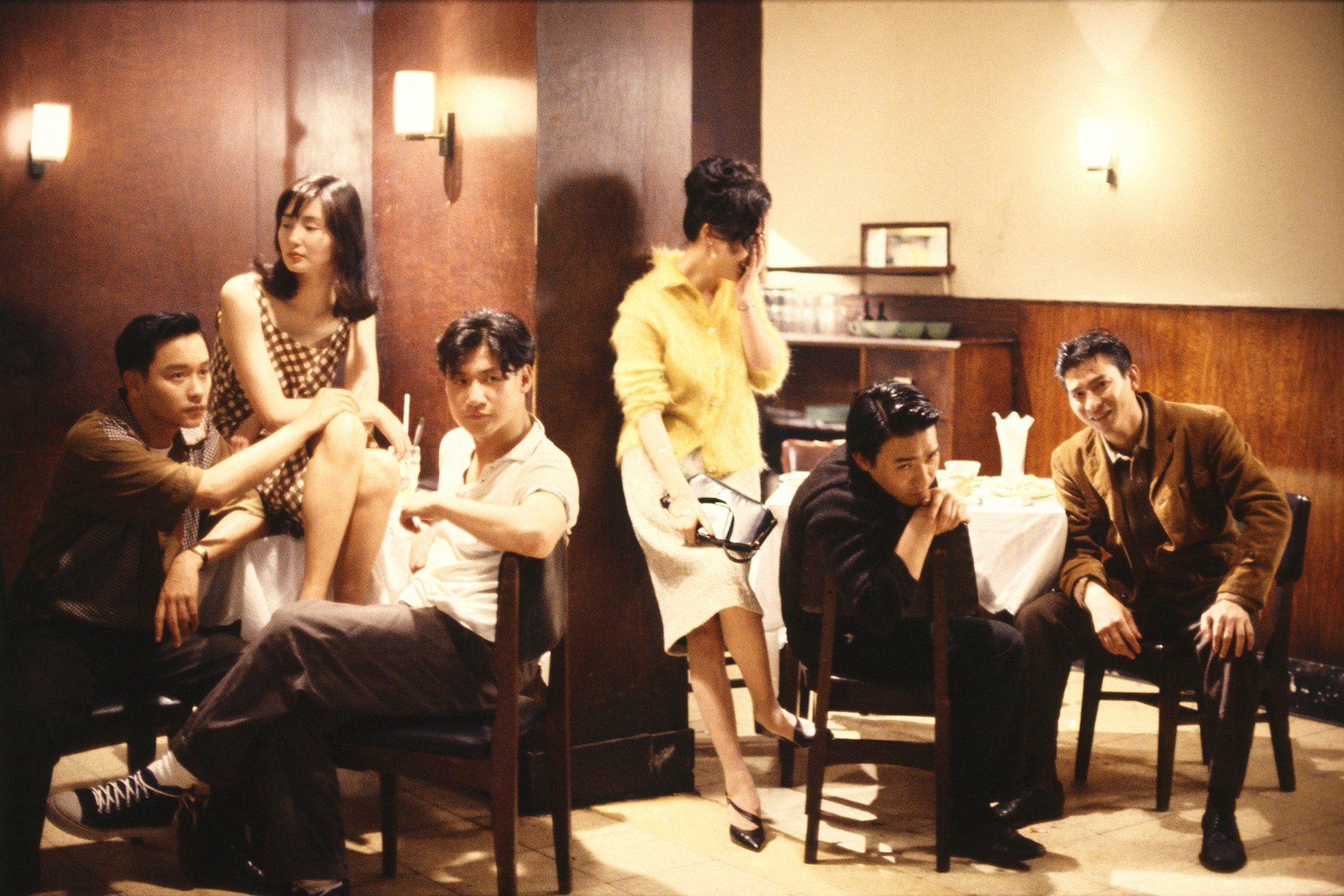
On why, according to the Post in 1990, “he does not like to talk very much, which has led to the misconception that he is unfriendly”:
“As a public figure, I understand that I have lost the privilege of privacy. The public is very interested in me. but I think it’s ridiculous to force myself to say things just to promote myself.”
On having his hair cut short for 1984’s TVB series The Duke Of Mount Deer, and then having it shaved off for A Chinese Ghost Story 3:
“I remember the first time, I was very unhappy. When the barber started to cut my hair, I had tears in my eyes.
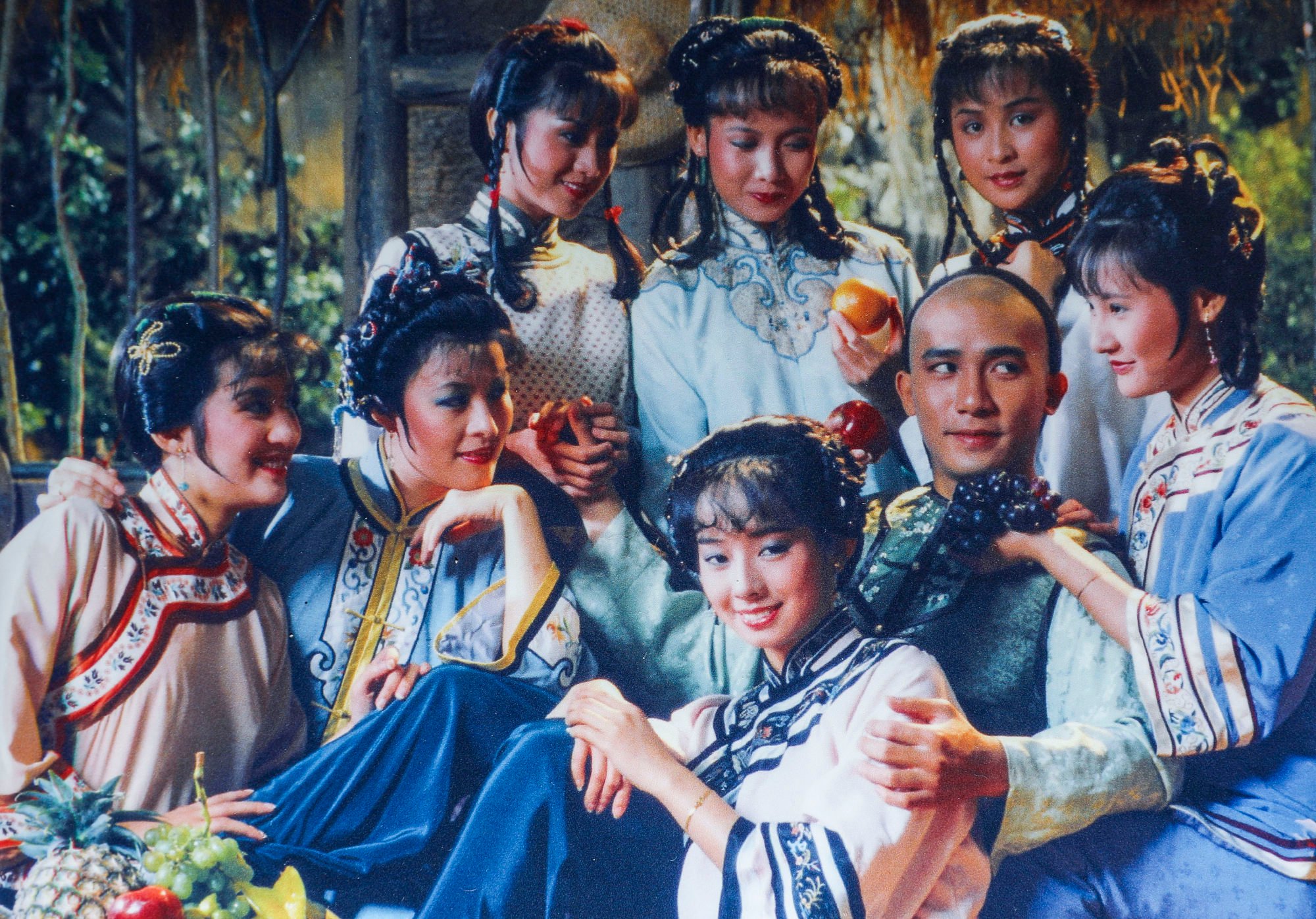
“Even though I didn’t cry this time, I still felt very uncomfortable. However, I am an actor, so I have to obey the director’s request.”
On more haircut troubles in 1991:
“Wong Kar-wai has decided to postpone the filming of Days of Being Wild Part II until my hair grows to a certain length, and the script of Wong Pak-ming’s new film The Great Pretenders needs to be changed in order to match my bald head.” (Days of Being Wild 2 was never made.)
When I start shooting a movie, I spend a lot of time adjusting myself so I can immerse myself in the character I’m playing
On revamping his image for the 1990s, and dieting:
“I would like to build up an image with distinctive characteristics – intelligent, positive, sophisticated, with a bit of cool, just like most actors of the 1960s. I noticed that this image only suits thin actors, so I must keep an eye on my weight.”
On finding out the truth behind his role in Wong Kar-wai’s Happy Together, in which he had a passionate gay sex scene with Leslie Cheung:
“I was scared about doing a gay role and Wong knew that. He gave me a fake script in which my father had died in Buenos Aires, and I had to go and collect the body. There, I found out my father was gay and I had to find his lover.
Recalling Leslie Cheung, 20 years on: singer, actor and LGBT+ trailblazer
“But when I got to Buenos Aires, he told me it was fake and that I was the gay character.”
On that sex scene with Leslie Cheung:
“We shot the sex scene on the very first day. Kar-wai told me to take off my trousers as soon as I got on the set. I couldn’t believe it, but I just did it.
“It took me three days to get over it. I couldn’t think, I just had to do it, and trust the director. Wong told me not to think about how I felt when I kissed Leslie, or I wouldn’t be able to do it.
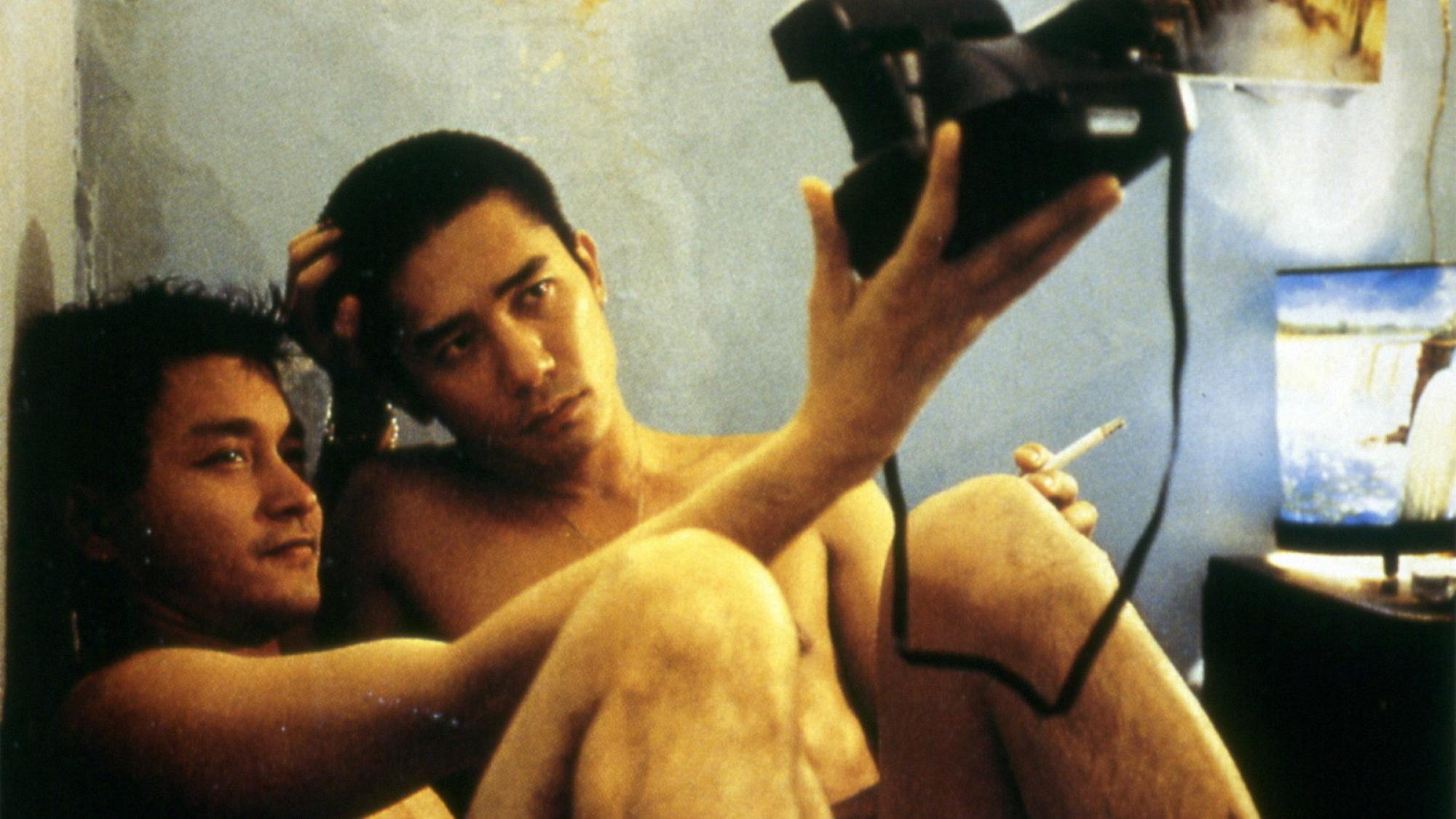
On having no plans to direct a film:
“I’m not mature enough yet, and I don’t know if I have it in me. I’m a quiet person. Off screen, I don’t really know how to express myself. I don’t know how to talk about myself. I keep it all for the movies.”
On the art of acting, in 2000:
“Acting is a real challenge. Every role has its own difficulties.
“When I start shooting a movie, I spend a lot of time adjusting myself so I can immerse myself in the character I’m playing. It is no simple task. It is not easy for an actor to get into the mood of a film, and I am no exception. There are many factors which affect your mood.”
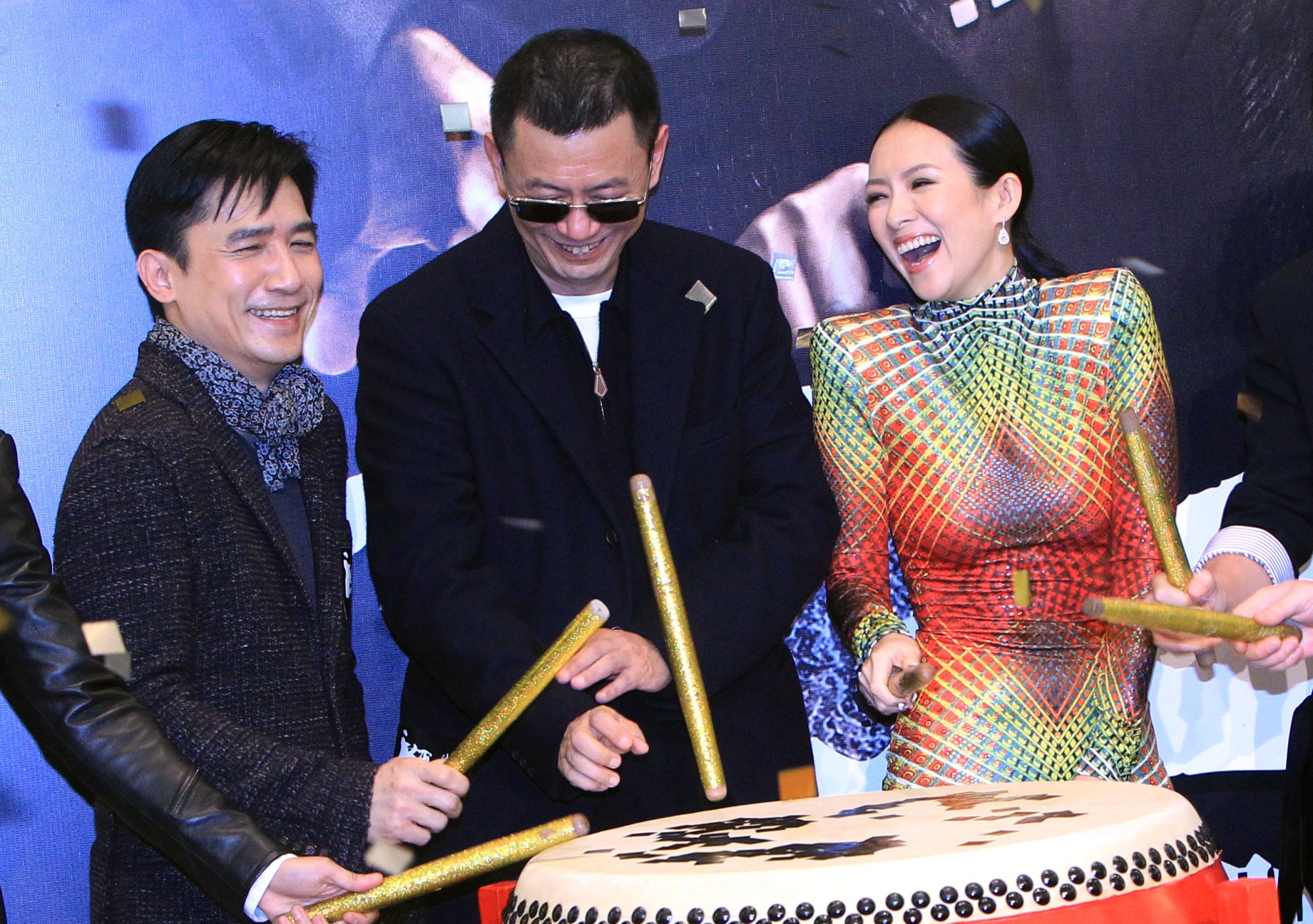
On preparing for his roles:
“First of all, I have to have a good understanding of the role. I pick up the habits of the character I’m playing to become more familiar with him.
“For example, if the character goes to bed late and wakes up late, I will do the same in real life. Subconsciously, I transform myself into the character. It is quite a painful process.
“During filming, I try not to contact my best friends. I completely immerse myself in the film. The scenes are not real, but my feelings are.”
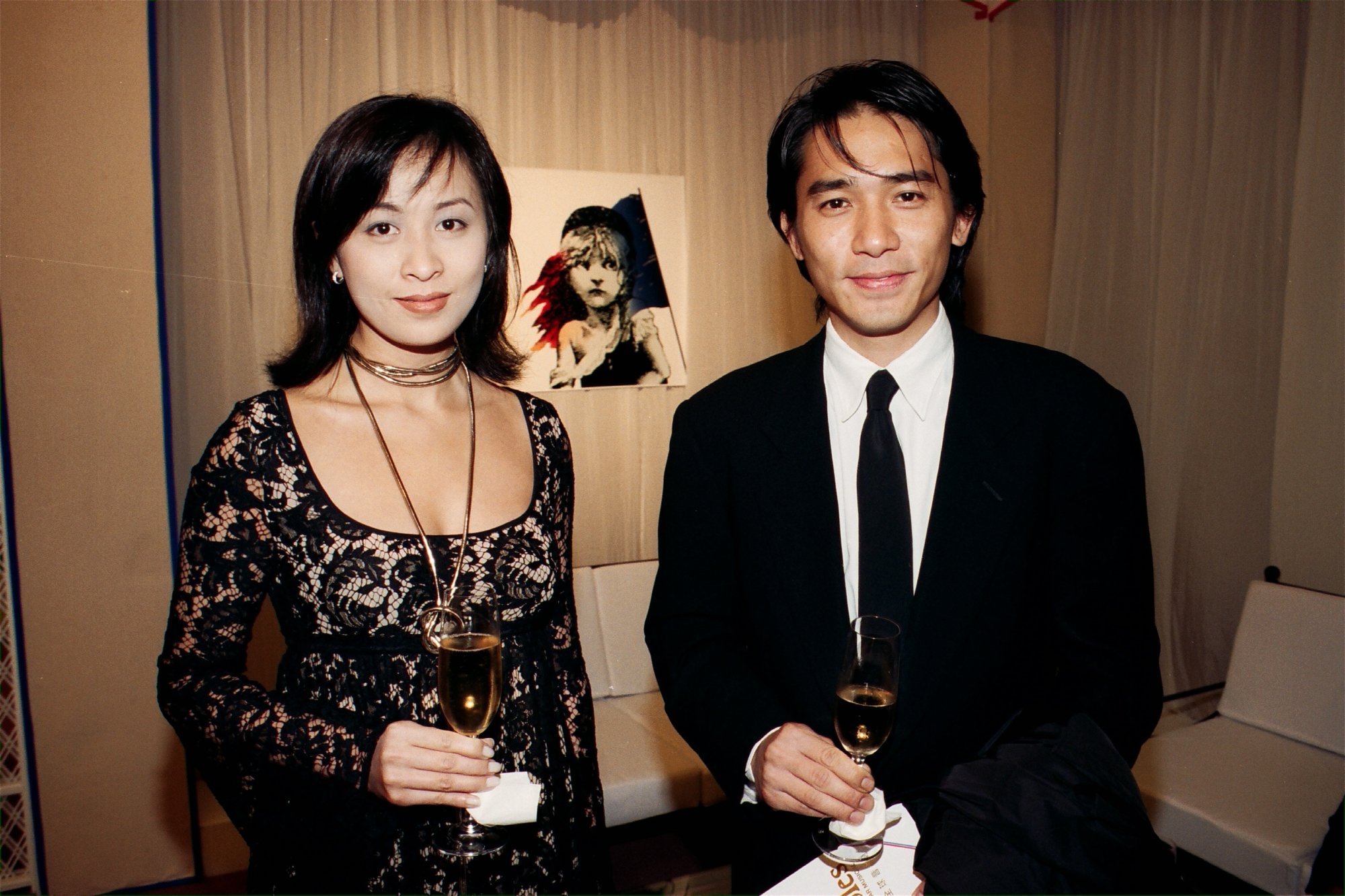
On how he spends his free time:
“I go to bed early and wake up early. I like to swim and sunbathe. I like sailing, playing sports and reading different kinds of books. Reading is my favourite entertainment. I read a lot of biographies and Japanese literature.”
On being shy, in 2005:
“I am a shy person. I don’t like myself, maybe because of my poor relationship with my father. I don’t like my father, but I find myself quite like him.
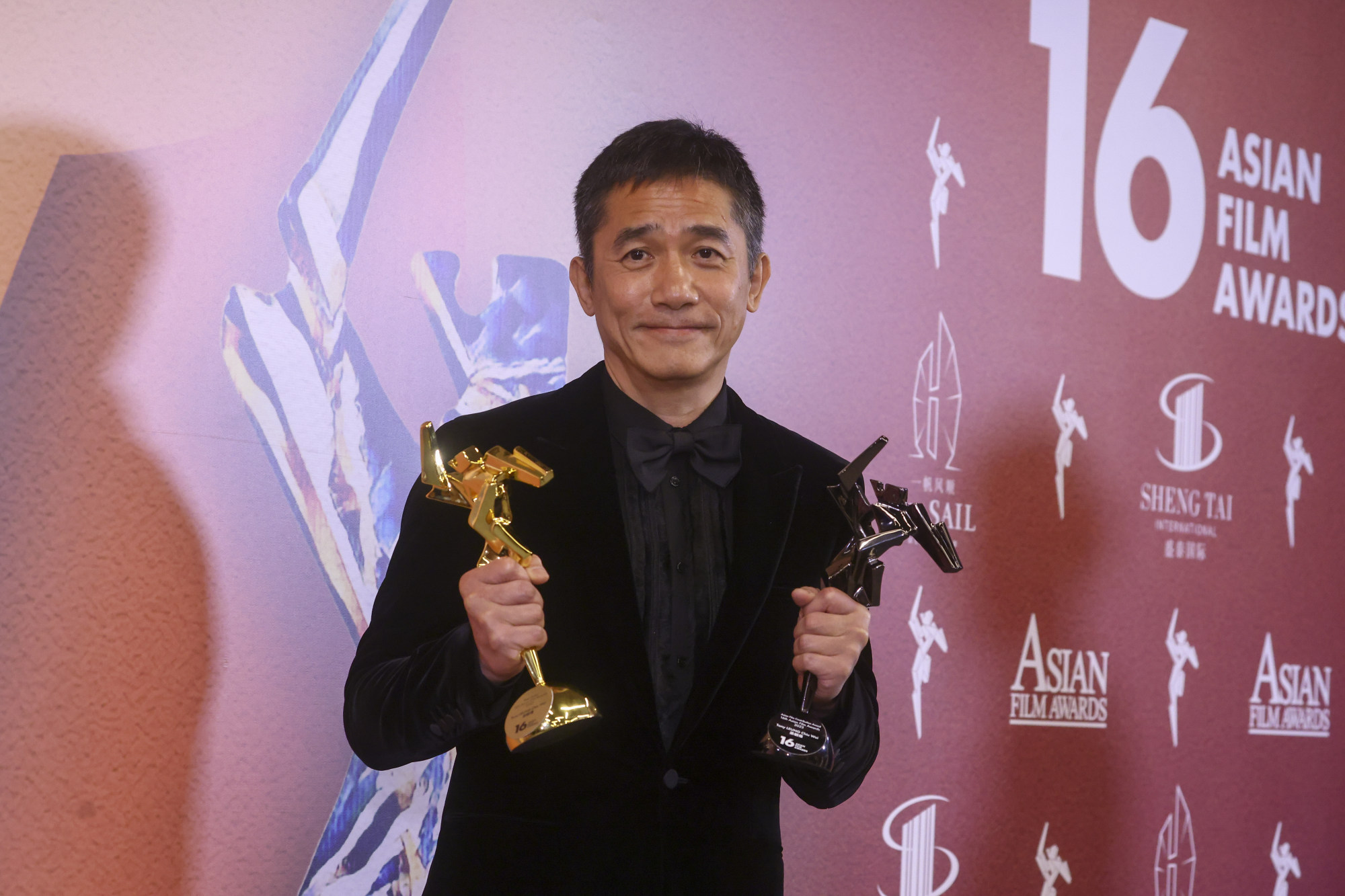
“I am also an escapist, I like to project myself into a world of fantasy. When I get in touch with films, I find it is something I am looking for, this fantasy world.
“I’m not like John. I’m someone who would give up on something quite easily. When I heard of John’s plans, I thought it was really an impossible mission – too difficult to pull off. Everything about the film went against the odds.”
In this regular feature series on the best of Hong Kong cinema, we examine the legacy of classic films, re-evaluate the careers of its greatest stars, and revisit some of the lesser-known aspects of the beloved industry.
